Repeating the terms you’re seeking to avoid is a massive crisis management mistake
Merrie Spaeth’s BIMBO Awards exist to remind us of one of the most common, and damaging, crisis management mistakes out there – repeating the very negative terms you’re trying to avoid.
Here are this year’s “Dishonorable Mentions”:
“I called you crazy, not fat,” said disgraced cyclist Lance Armstrong in a long, self-serving interview with Oprah Winfrey. The comment was aimed at Betsy Andreu, wife of former teammate Frankie Andreu.
KDVR (FOX 31) “Betsy Andreu told by Lance Armstrong, ‘I called you crazy, not fat,’” Jan. 18, 2013
“While we typically don’t comment on rumors/speculation, Ron Johnson has no immediate plans to resign his position as J.C. Penney CEO,” said a J.C. Penney spokesperson responding to rumors that Johnson was on his way out after the retailer reported an annual loss of $1 billion and a $4 billion decline in sales. (When news reports append the word “struggling” to you – as in “the struggling retailer tried to end speculation that CEO Ron Johnson is leaving” – you have an uphill climb.)
The Dallas Morning News, “J.C. Penney denies CEO leaving,” March 13, 2013
Those are a couple of pretty big mistakes, but this year’s winner has become a real media darling thanks to an abundance of unabashedly outrageous behavior, and might just go down in history as one of the biggest BIMBOs ever. The award goes to…Toronto Mayor Rob Ford!
BIMBO OF THE YEAR
In May, Mayor Ford vehemently insisted, “I do not use crack cocaine, nor am I an addict of crack cocaine,” after an investigative reporter from the Toronto Star claimed he saw a video of the mayor using illegal drugs. Rumors quickly circulated that two men were trying to sell the video for $200,000. (The mayor wins because the most damaging BIMBO comments do, in fact, turn out to be true. In November, Canadian police confirmed the existence of a video showing the 44-year-old mayor using a crack pipe. On Nov. 7 Mayor Ford admitted he may have smoked crack but only while in a “drunken stupor.” The mayor later added “[he] has nothing left to hide.”)
NBC Nightly News, “Toronto mayor says he smoked crack ‘in one of my drunken stupors,’” Nov. 5, 2013
Let these be a warning to you, when it’s time for crisis management, DO NOT repeat the negative terms being associated with you. Reporters will try to lead you into doing so, and a failure to practice will absolutely result in you unthinkingly doing the same, so if you care about your reputation you absolutely must put in the time to prepare and drill this bad habit out of yourself.
You can find more BIMBO info, past awards, videos and more at the Spaeth Communications website, and we’re honored to have Merrie bringing her experience evaluating bad PR moves to our Weiner Awards as a judge this year as well!
——————————-
For more resources, see the Free Management Library topic: Crisis Management
——————————-
[Jonathan Bernstein is president of Bernstein Crisis Management, Inc., an international crisis management consultancy, author of Manager’s Guide to Crisis Management and Keeping the Wolves at Bay – Media Training. Erik Bernstein is Social Media Manager for the firm, and also editor of its newsletter, Crisis Manager]









![Have You Seen Your Online Reputation? [Infographic] Have You Seen Your Online Reputation? [Infographic]](https://www.mdgadvertising.com/blog/wp-content/uploads/2013/05/online_reputation_1000.png)


